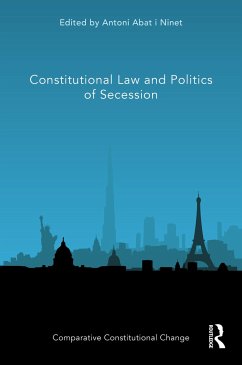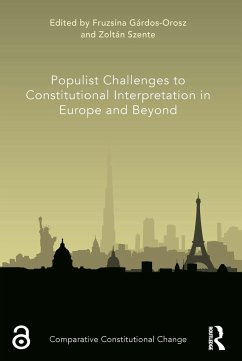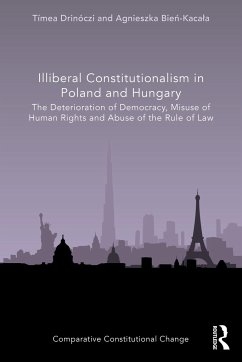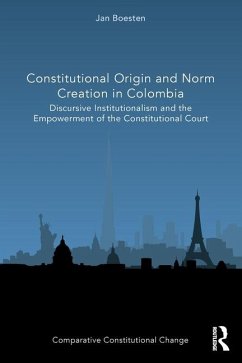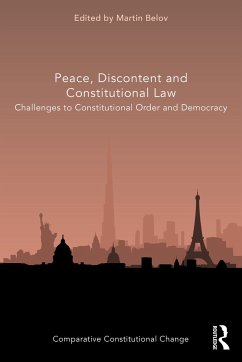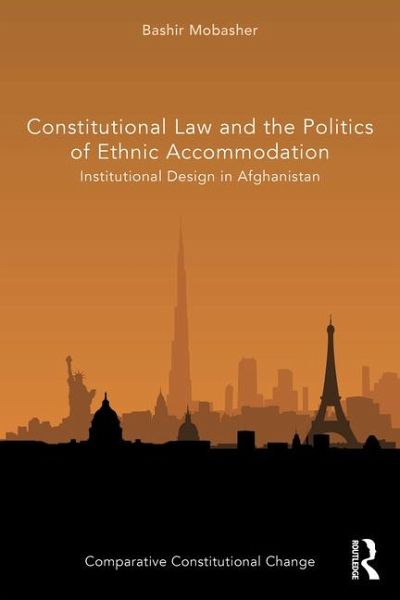
Constitutional Law and the Politics of Ethnic Accommodation
Institutional Design in Afghanistan
Versandkostenfrei!
Versandfertig in 6-10 Tagen
154,99 €
inkl. MwSt.
Weitere Ausgaben:

PAYBACK Punkte
77 °P sammeln!
This book explores whether the legal and political institutions of Afghanistan were able to incorporate diverse ethnic groups into the political process. Ethnic accommodation has gained central stage in the literature on institutional design and democratic consolidation.However, some divided societies are more explored than others, and Afghanistan is one understudied country that is critically important for testing and improving our theories of institutional design in a democratizing, plural society. This work examines the Constitution of 2004 and those provisions of electoral laws and politic...
This book explores whether the legal and political institutions of Afghanistan were able to incorporate diverse ethnic groups into the political process. Ethnic accommodation has gained central stage in the literature on institutional design and democratic consolidation.
However, some divided societies are more explored than others, and Afghanistan is one understudied country that is critically important for testing and improving our theories of institutional design in a democratizing, plural society. This work examines the Constitution of 2004 and those provisions of electoral laws and political party laws that together devised Afghan political institutions including those of the presidential system, unitary government, electoral systems as well as the party system.
It argues that due to their incongruence in design and effects, the Afghan political institutions failed to fully accommodate ethnic groups in the political process. This book adopts a holistic approach, while also paying careful attention to the details of each of the individual pieces of political institutions designed by the Constitution of 2004. Taken together, this approach yields insights into the boundaries and interactions of institutional design and how their interactions hinder or advance ethnic accommodation in varying contexts.
The book will be essential reading for academics, researchers and policy makers interested in constitutional law and politics.
However, some divided societies are more explored than others, and Afghanistan is one understudied country that is critically important for testing and improving our theories of institutional design in a democratizing, plural society. This work examines the Constitution of 2004 and those provisions of electoral laws and political party laws that together devised Afghan political institutions including those of the presidential system, unitary government, electoral systems as well as the party system.
It argues that due to their incongruence in design and effects, the Afghan political institutions failed to fully accommodate ethnic groups in the political process. This book adopts a holistic approach, while also paying careful attention to the details of each of the individual pieces of political institutions designed by the Constitution of 2004. Taken together, this approach yields insights into the boundaries and interactions of institutional design and how their interactions hinder or advance ethnic accommodation in varying contexts.
The book will be essential reading for academics, researchers and policy makers interested in constitutional law and politics.






